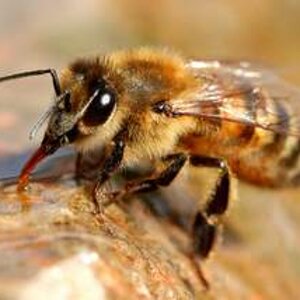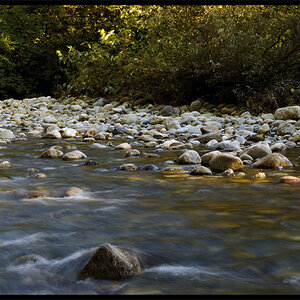Didereaux
Been spending a lot of time on here!
- Joined
- Oct 29, 2013
- Messages
- 2,372
- Reaction score
- 1,587
- Location
- swamps of texas
- Website
- tinyurl.com
- Can others edit my Photos
- Photos OK to edit
My personal opinion, and some experience with them is that fro basics/fundamentals your best source is YouTube, particularly the BH camera lectures, and Adorama lectures. BH lectures are usually full hour or more and tend to be in depth wiht very good people doing the explaining. Adorama vids are shorter bite-sized, and generally have good lecturers...not always though. Once you get the fundamentas down and you want to concentrate on one area off photography then it is time to look at the complete courses offered. CreativeLive has some good ones (always wait for their sales before purchasing though...you'll save a bunch of $$$). Scroll through their offerings to get an idea, and then search around for others covering the same stuff you are interested in. I will give a thumbs up for one course on line that I thinkk actually is useful fro a beginner. The John Greengo 'Fundamentals of Photography' course on CreateLive. Some, but not much crappola. Worth the money for somone cramped for time or whatever. Down;oad the series and play them at leisure whever you are.





![[No title]](/data/xfmg/thumbnail/31/31042-2fcf80c8987688129be89876d12ba006.jpg?1619734584)
![[No title]](/data/xfmg/thumbnail/37/37425-6c82b8d207549743954f4b99b56a8153.jpg?1619738066)
![[No title]](/data/xfmg/thumbnail/36/36673-19735e6d336c221f19091dde4a33c534.jpg?1619737676)

![[No title]](/data/xfmg/thumbnail/31/31705-3469470a562bc1a3bad361889544af19.jpg?1619734963)


![[No title]](/data/xfmg/thumbnail/32/32150-7445fc014b4b484b24ba067189aa45b6.jpg?1619735233)

![[No title]](/data/xfmg/thumbnail/31/31043-56e0d1d98f75a901802906faef0a4ab9.jpg?1619734585)